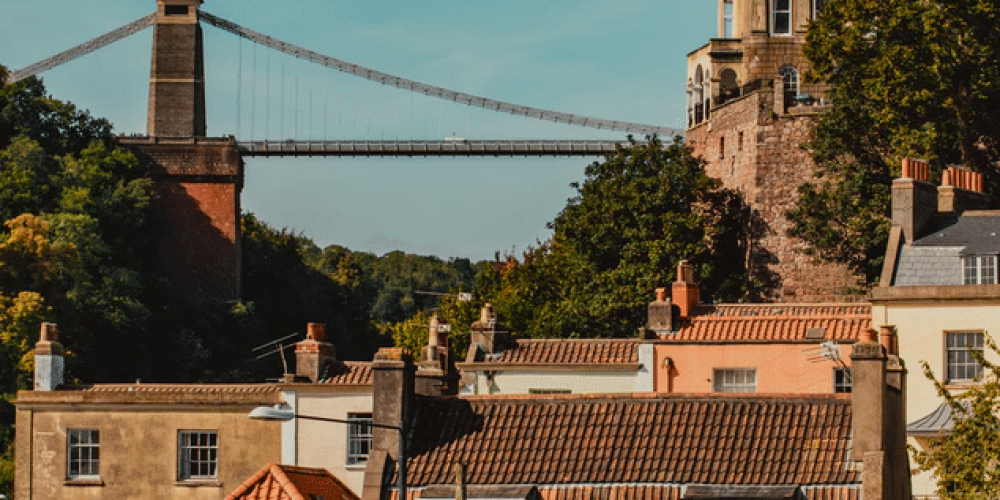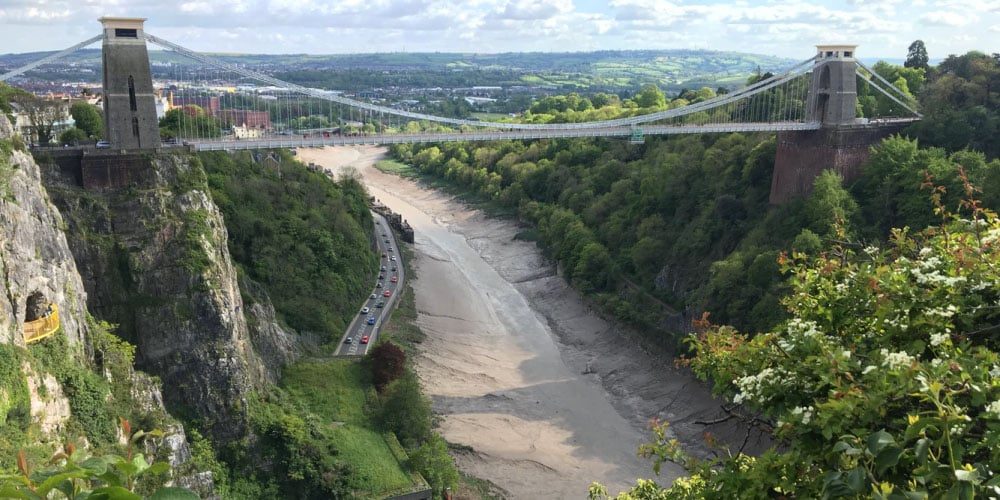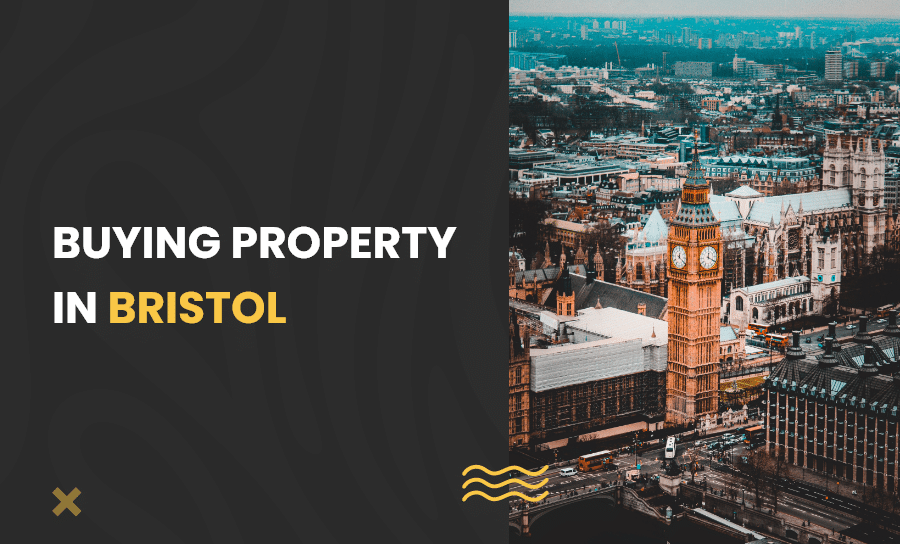
Since the pandemic, property markets all over the UK have been booming. Due to the stamp duty holiday and government schemes like 95% mortgages, the market is excellent to buy houses.
House prices in Bristol have also been rising. If you’re looking to buy property in Bristol as a form of investment, then this could be great news for you!
At the start of the pandemic, Bristol house prices rose by around £1000 a month due to the increase in demand for housing. If the price rise continues, then investments in Bristol houses could be very profitable.
If you’re house-hunting, there are still many different types of houses on offer in Bristol. Bristol is a great area to live in for everyone- whether you’re a student living individually or you’re in a large family.
But with relatively high competition for houses and prices on the rise- it may be pretty challenging for you to find a house that you love. If you’re thinking about relocating to Bristol, then you probably need to know a lot about it to make sure it’s the place for you.
To help you out with these issues, we’ve put together a quick overview of life in Bristol and how to make your house search easier, whether you’re moving into a new home or buying property for investment.
What is life like in Bristol?
Bristol is a classic English city with lots of rich history behind it. Bristol is in the south of the UK with quite a large population of around 650,000 people. This makes it a very vibrant and energetic city- there’s always events and activities going on.
Bristol prides itself on its culture and historical importance. There’s a long list of historical buildings in the city, such as Bristol Cathedral and Cabot Tower. All these places make for great days out and extraordinary events in Bristol.
Bristols most famous attraction is the Clifton Suspension Bridge which is very easy to visit in Bristol.
Although Bristol is quite a large city, there is still a distinct community feel in all the areas. With many festivals and opportunities to meet people, Bristol is a perfect fit for families.
Although Bristol is an excellent area for families, it still has a very high student population. There are two leading universities in Bristol, including the prestigious University of Bristol. Living in Bristol is an easy commute to either of the two universities.
Bristol has superb connectivity, so it should be pretty simple to commute to other areas of the UK. Direct high-speed trains from Bristol to London will get you to your destination in under 2 hours!

Prices in Bristol
Bristol is in the south of the UK, so prices are generally higher than areas in the north. The average house price for Bristol currently is around £360,000.
Compared to areas such as Liverpool and Manchester, houses may be more expensive in Bristol. But compared to other areas in the south, house prices in Bristol are relatively cheap.
Buying property in Bristol is around 90% cheaper than buying property in London! This could save you a lot of money on mortgage payments and deposits. Plus, you can still easily commute to London and keep your London job.
Prices will also depend heavily on the type of house that you’re looking forbuy. Buying a flat is around £100,000 cheaper than the Bristol average at an average of £260,000. Terraced houses are also, on average cheaper at £315,000. This is usually because terraced houses and flats will have less space and a lower number of bedrooms.
In terms of investment, Bristol has seen large amounts of growth in the last five years. House prices have risen by %13.77, which is a value of around £43,000. If you’re looking to buy property as an investment, these rates of returns will deliver a nice profit.
The housing market is still very active, with 2,500 sales in the past six months. This is a good sign for investment properties as it shows demand for housing is still high. If this continues, house prices in Bristol will likely continue to rise.






